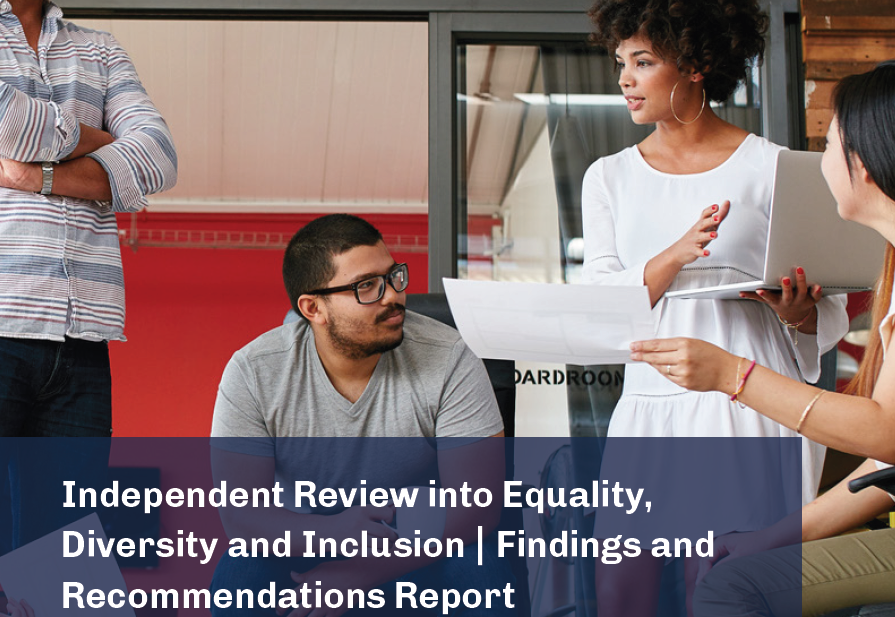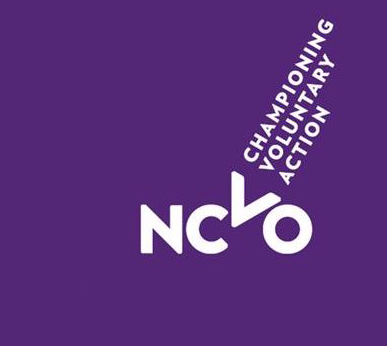Arts Council England has pledged to be “a truly inclusive workplace” after an independent review found the organisation is scarred by incidents of racism, antisemitism and discrimination.
The review was commissioned by the charity last year after staff reported concerns.
This review found some staff members “identified their manager as a source of microaggressions or as failing to prevent or challenge exclusionary or discriminatory behaviours in their team”.
Staff also reported that their managers and the “Arts Council more broadly”, lacked the skills “to provide reasonable adjustments for disabled staff”.
“Some female staff colleagues, Black, Asian, and ethnically diverse staff colleagues, and staff colleagues with from less advantaged socio-economic backgrounds, and disabled staff colleagues shared this perspective," found the review.
Another concern was the poor quality of equality, disability and inclusion training at the charity.
While four in five staff have received some form of training on inclusion “perceptions of its effectiveness and impact are mixed”.
The review found this training was “unengaging”, largely delivered online and did not involve input from internal training experts or staff networks.
“Anti-racism training was not received well by Black, Asian and ethnically diverse communities,” said the report.
Discrimination based on race and ethnicity in staff recruitment and representation was also found, alongside microaggressions and “inappropriate behaviours”.
“The review finds that Black, Asian and Ethnically Diverse staff at the Arts Council experience heightened challenges at work. These challenges particularly relate to feelings of inclusion, belonging and encouragement,” states the review.
Black, Asian and Ethnically Diverse staff reported how colleagues make assumptions about their background and interests. Black staff in particular were victim to racial stereotyping, bias and promotion opportunities.
“Many Black staff interviewed expressed concerns that leadership did not take clear and consistent positions on issues such as Black Lives Matter,” adds the review.
In addition, it heard evidence of “very limited accounts of racialised antisemitism. This is also noted in relation to religion”.
The Arts Council has pledged to implement recommendations made by the review to improve.
Recommendations include collecting staff diversity data, investigating pay gaps between disabled staff and rtheir peers and tackling discrimination in recruitment and interview processes. A new training provider to focus on inclusive behaviour is also being called for as is improvements in grievance processes.
“It is imperative for the Arts Council, as the national development agency for creativity and culture, to show leadership around equity, diversity and inclusion and workplace culture and practice,” said Arts Council chief executive Darren Henley.
He added: “We want to be honest and transparent about the journey we need to go on, and to share that learning with others. Our vibrant creative sector is made up of organisations of all types and scales, and we know that this is journey that many of you are on, beginning from various starting points.
“What we have learnt is that those challenging conversations, those difficult moments, that self-reflection at every level within the organisation, are all vital to the process, and that the guiding principle throughout must be the commitment to reaching a destination where everyone can truly belong and where everyone can thrive.”
Charity Times video Q&A: In conversation with Hilda Hayo, CEO of Dementia UK
Charity Times editor, Lauren Weymouth, is joined by Dementia UK CEO, Hilda Hayo to discuss why the charity receives such high workplace satisfaction results, what a positive working culture looks like and the importance of lived experience among staff. The pair talk about challenges facing the charity, the impact felt by the pandemic and how it's striving to overcome obstacles and continue to be a highly impactful organisation for anybody affected by dementia.
Charity Times Awards 2023
Mitigating risk and reducing claims

The cost-of-living crisis is impacting charities in a number of ways, including the risks they take. Endsleigh Insurance’s* senior risk management consultant Scott Crichton joins Charity Times to discuss the ramifications of prioritising certain types of risk over others, the financial implications risk can have if not managed properly, and tips for charities to help manage those risks.
* Coming soon… Howden, the new name for Endsleigh.
* Coming soon… Howden, the new name for Endsleigh.
Better Society

© 2021 Perspective Publishing Privacy & Cookies











Recent Stories